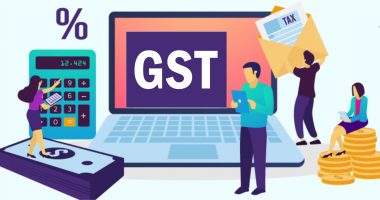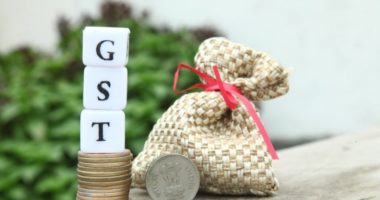The Supreme Court (SC) rejected a petition challenging the Telangana High Court (HC) verdict that in cases of Goods and Service Tax (GST) evasion, a person could be arrested by the concerned authority.
The pleas were listed before the vacation bench comprising of Chief Justice of India Ranjan Gogoi and Justice Aniruddha Bose. Once the court heard to the initial arguments, it dismissed the Special Leave Petition and said that it does not intend to interfere with the judgement given by HC in April.
On April 18, the division bench of the Telangana HC comprising of Justice P. Keshava Rao and V. Ramasubramanian had rejected a set of writ petitions pursuing protection against the arrest of individuals who get involved in alleged GST evasion.
The challenge was in opposition to the summons given out by the Superintendent (anti-evasion) of the Hyderabad GST Commissionerate according to the Central Goods and Services Tax Act, 2017. The bench detected that the sub Section (1) of Section 69 of the Act authorises the commissioner to pass an order to arrest a person when he or she is alleged to have done an evident and a non-bailable offence.
Also Read: GST Council to make gradual changes in the tax system
The bench mentioned that if reasons to believe have been documented in files, it is not required to record such rights in the approval for arrest as per the Section 69(1) of the CGST Act. As Section 69(1) of the CGST Act, 2017 mainly uses the words “reasons to believe”, versus the words “reasons to be recorded” seen in Section 41A(3) of Cr.P.C., it is sufficient if the reasons are present in the file, even if it is not disclosed in the order which authorizes the arrest.
The state had informed HC that the petitioners who were presented before the court were reportedly engaged in integrating several firms in partnership, claimed an input tax credit (ITC) allegedly without having any actual physical receipt which depicts the nature of commodities. It was alleged that these companies claimed a fraudulent input tax credit of Rs 224.05 crore.
HC mentioned that a prosecution could be initiated only after an assessment is completed in contrary to Section 132 of the CGST Act, 2017. The list of violations which are incorporated in sub Section (1) of Section 132 of the CGST Act, 2017 has no connection with the assessment.
Issue of bills or invoices without the supply of commodities and claiming for ITC with such bills/invoices are violations made according to the clauses (b) and (c) of sub Section (1) of Section 132 of the CGST Act. The prosecutions for these violations does not happen based on the assessment completion.
Also, the bench was not in favour of the argument which was put up by the petitioners because all the violations according to the Act are compoundable as per the sub Section (1) of Section 138 of the CGST Act, 2017, subject to the limitations contained in the provision.
Hence, it is not required to arrest an individual when he or she has allegedly committed a violation which is compoundable. The court has also observed that the furthering of an investigation or an enquiry is not the only objective of an arrest.
Bhavana is a Senior Content Writer handling the GST vertical. She is committed, professional, and has a flair for writing. When away from work, she enjoys watching movies and playing with her son. One thing she can’t resist is SHOPPING! Her favourite quote is: “Luck is what happens when preparation meets opportunity”.




